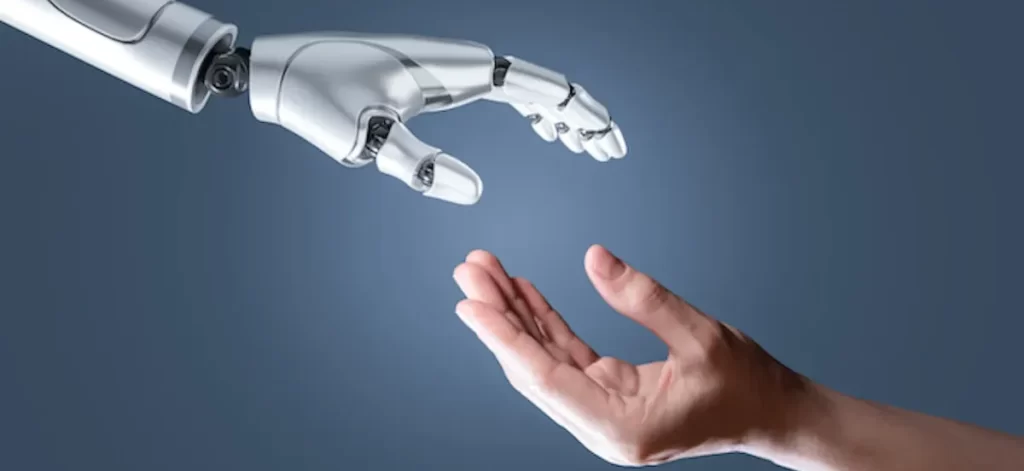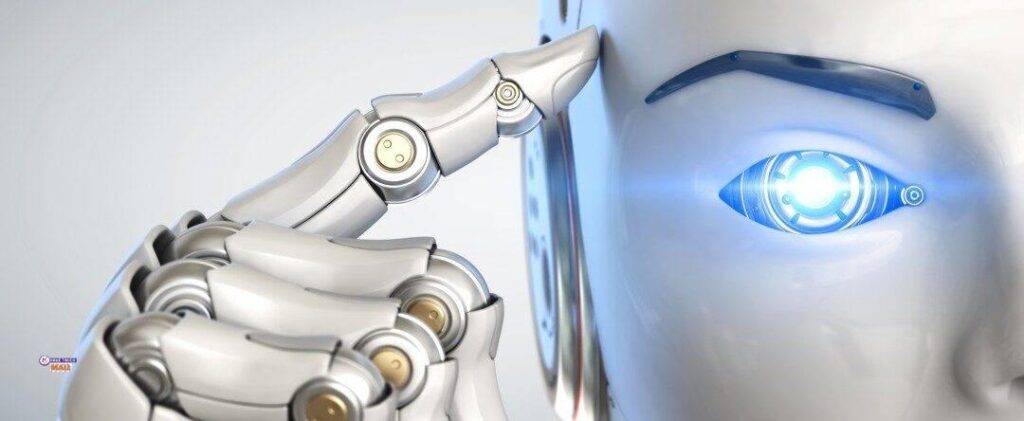Impact of Mobile Phones on Human Civilization By 2035

By 2035, the trend of mobile phone development is anticipated to have a transformative impact on human society, economics, politics, and the overall civilization. The relationship between these advancements and human development is expected to be profound, shaping various aspects of daily life and global progress. Here’s an extensive overview of these potential trends and their broad implications:
Mobile Phone Development
1. Advanced Connectivity: By 2035, mobile phones are likely to have seamlessly integrated with the next generation of wireless communication technologies such as 6G or beyond, offering ultra-fast, reliable, and low-latency connectivity. This will enable efficient real-time communication and data transfer, providing the foundation for various emerging technologies.
2. Enhanced User Experience: Mobile phones are expected to undergo significant improvements in terms of display technologies, processing power, and battery life. Foldable, rollable, or even wearable phone designs could become mainstream, creating more immersive and flexible user experiences.
3. AI Integration: Artificial intelligence (AI) is poised to play a central role in the evolution of mobile devices. By 2035, personal assistants and AI-driven features are likely to be deeply integrated into mobile platforms, enhancing everyday tasks, personalization, and decision-making processes.
4. Augmented Reality (AR) and Virtual Reality (VR): Mobile phones of the future are anticipated to serve as powerful AR/VR devices, blurring the lines between physical and digital realities. This could revolutionize entertainment, education, remote work, and various industries.
Socioeconomic Impact

– Social Connectivity: Heightened connectivity through advanced mobile devices may lead to an even more tightly-knit global community. Social media, communication apps, and virtual reality platforms could facilitate meaningful interactions and collaborations irrespective of geographical boundaries.
– Economic Empowerment: Mobile phones are poised to further democratize access to financial services, empowering individuals and businesses in previously underserved regions. By enabling mobile-based microfinance, digital currencies, and seamless transactions, they could contribute to economic inclusion and growth.
Political Influence
– Information Dissemination: Advanced mobile technologies could at once enhance and complicate the dissemination of information. Citizen journalism, real-time reporting, and the use of social media platforms for political discourse could continue to reshape traditional media and public discourse.
– Civic Engagement: Mobile phones and their connectivity might further enhance civic engagement and political participation, providing platforms for debate, activism, and grassroots organizing. However, challenges related to misinformation and digital polarization will need to be addressed.
Civilizational Impact

– Universal Access to Knowledge: Advanced mobile devices are likely to facilitate universal access to information and knowledge, potentially narrowing the digital divide and enabling lifelong learning and skill development on a global scale.
– Technological Convergence: By 2035, the convergence of mobile technology with other domains such as healthcare, environmental monitoring, and space exploration could enable unprecedented advancements in addressing global challenges and expanding human civilization beyond Earth.
In summary, the anticipated trends in mobile phone development by 2035 have the potential to intersect with diverse facets of society and human development. From fostering deeper connections among individuals to influencing economic opportunities, political discourse, and the broader trajectory of human civilization, these advancements reveal the far-reaching impact of mobile technology on the future of our world.





Leave a comment